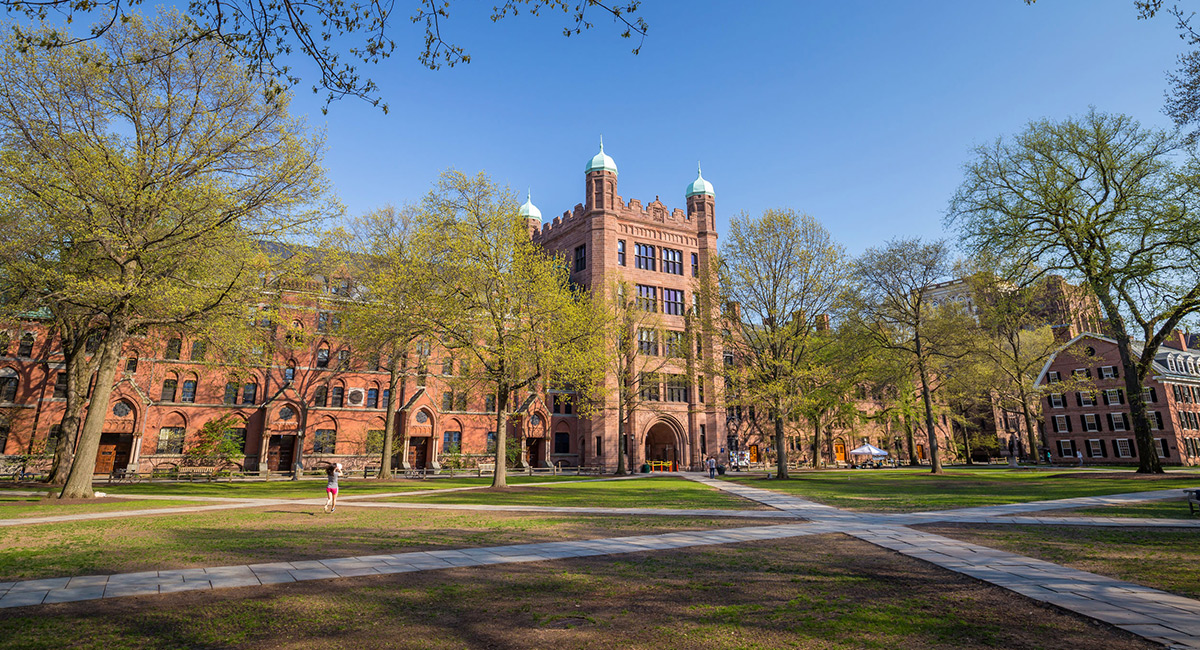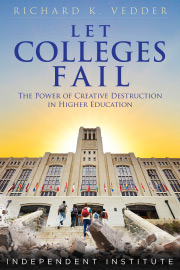When society wants to encourage something, the government serving it subsidizes that activity. Conversely, when it wishes to discourage an activity, often it taxes it. Thus we have high taxes on cigarettes and alcoholic beverages to help curb lung cancer and alcoholism. And we give subsidies to universities because we think doing so will help produce a better society—higher incomes, more enlightened leaders, greater opportunities for individuals to advance themselves financially and maybe even spiritually, etc. Universities allegedly reek with positive spillover effects.
But then there is Yale University. We give it all sorts of subsidies despite the fact that it is one of the greatest private concentrations of wealth on the planet, with at least $2.5 million dollars of endowment for every student attending providing about $100,000 income annually or roughly $300 daily per student (whether school is in session or not) in investment income to educate each of the 12,000 students enrolled. Donations to the school are tax deductible. The school’s earnings (including capital gains) from the over $30 billion endowment are not taxable as they are for private individuals. To be sure, the U.S. recently imposed an endowment tax on ultra-rich schools like Yale, but still the tax benefits of its university status far exceed the costs.
What sort of oversight is there of this highly favored institution? How transparent is its decision making process? Recent articles by two fine graduates of the Yale Law School (typically rated as the nation’s finest), Lanny Davis (Wall Street Journal) and Glenn Reynolds (New York Post) suggest the governance of Yale probably more closely resembles that of, say, Belarus, than it does of a typical U.S. governmental body or publicly traded U.S. corporation. The Board of Trustees of Yale is elected theoretically at least in part by university alumni, but in reality the only candidates considered for election are selected by the board itself, and candidates are not allowed to campaign or provide alumni with detailed information about their lives or their positions of interest to the Yale community.
Until recently, it was possible for alumni to petition to be on the ballot, and occasionally there would be contested elections, but Yale’s anti-democratic aristocrats have put a stop to that, changing the rules to allow voting only for the two Board-approved candidates who are forbidden to really campaign. And this is at a university that openly allows public inspection of its Board minutes only after 50 years. And one that still has “secret societies” like Skull and Bones for the most elite amongst the elite kids populating the place.
So an aggressively left-wing Yale student body and faculty frequently browbeat a sympathetic administration led by Peter Salovey to condone outrageous behavior violating freedom of expression or dishonoring illustrious Yale alumni. The Board of Trustees rubber stamps the efforts. John Calhoun, for example, former Vice President and Secretary of State, was a renowned Yale alum named by the U.S. Senate in 1959 as one of the five greatest senators in history. In 2017 Yale removed his name from Calhoun College. Even worse was the hounding of Erika and Nicholas Christakis for their defense of freedom of expression regarding the wearing of what woke Yalies considered offensive Halloween costumes.
Yale’s anti-democratic outrage is reminiscent of what happened a few years ago at Dartmouth. A few alumni, including George Mason law school professor Todd Zywicki, successfully challenged candidates for the Dartmouth board recommended by the alumni/administrative establishment. The establishment did not want aggressive trustees challenging their ways of doing things, so it changed the rules to end board challenges from candidates outside an approved list. Over the years, I have consoled with alumni disenchanted with established policies at other schools, such as Colgate or William and Mary.
A key question: who “owns” and ultimately determines major personnel and policies for colleges and universities? Is it right at so-called “private” schools generously subsidized by taxpayers for a few individuals to not only run the university, but have a stranglehold on determining future leaders and policies? Some private schools act more like the British House of Lords than like modern institutions amenable to change and responsiveness to the communities for which they serve.













